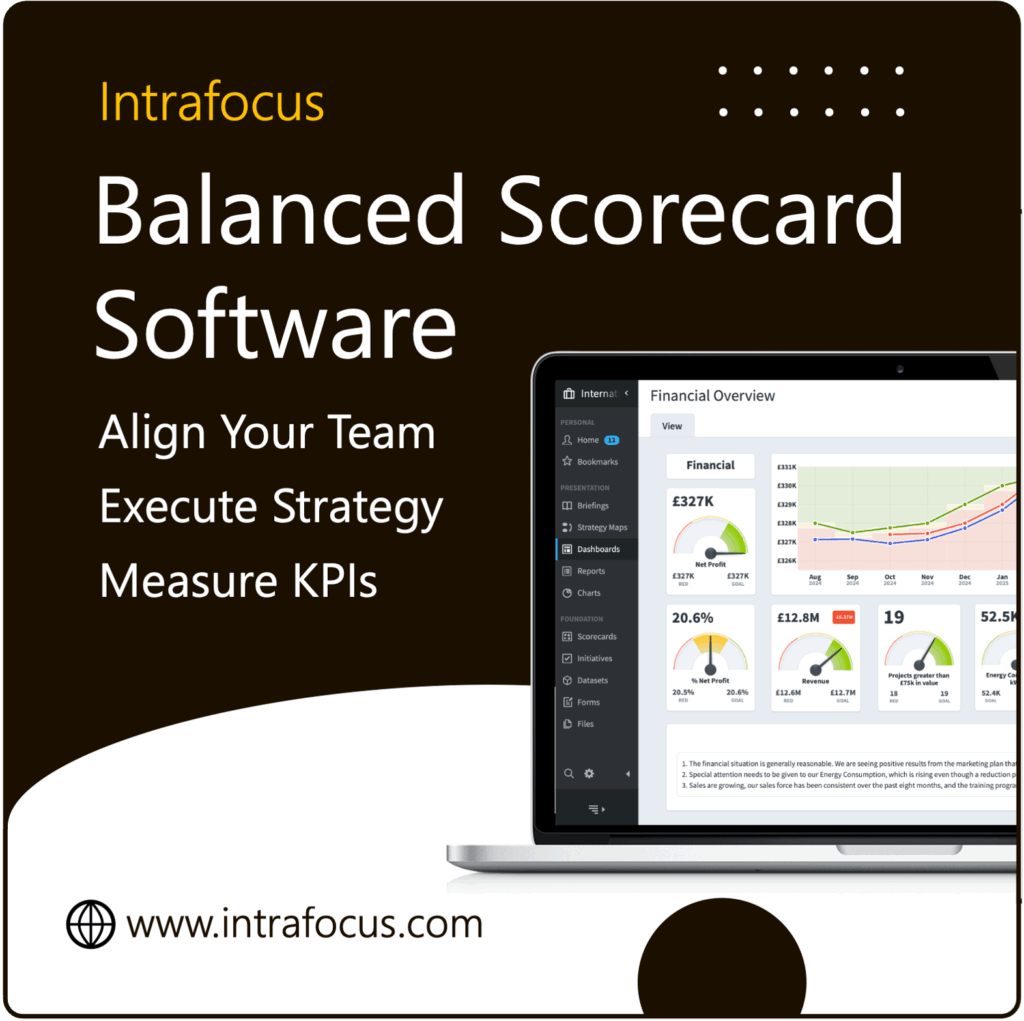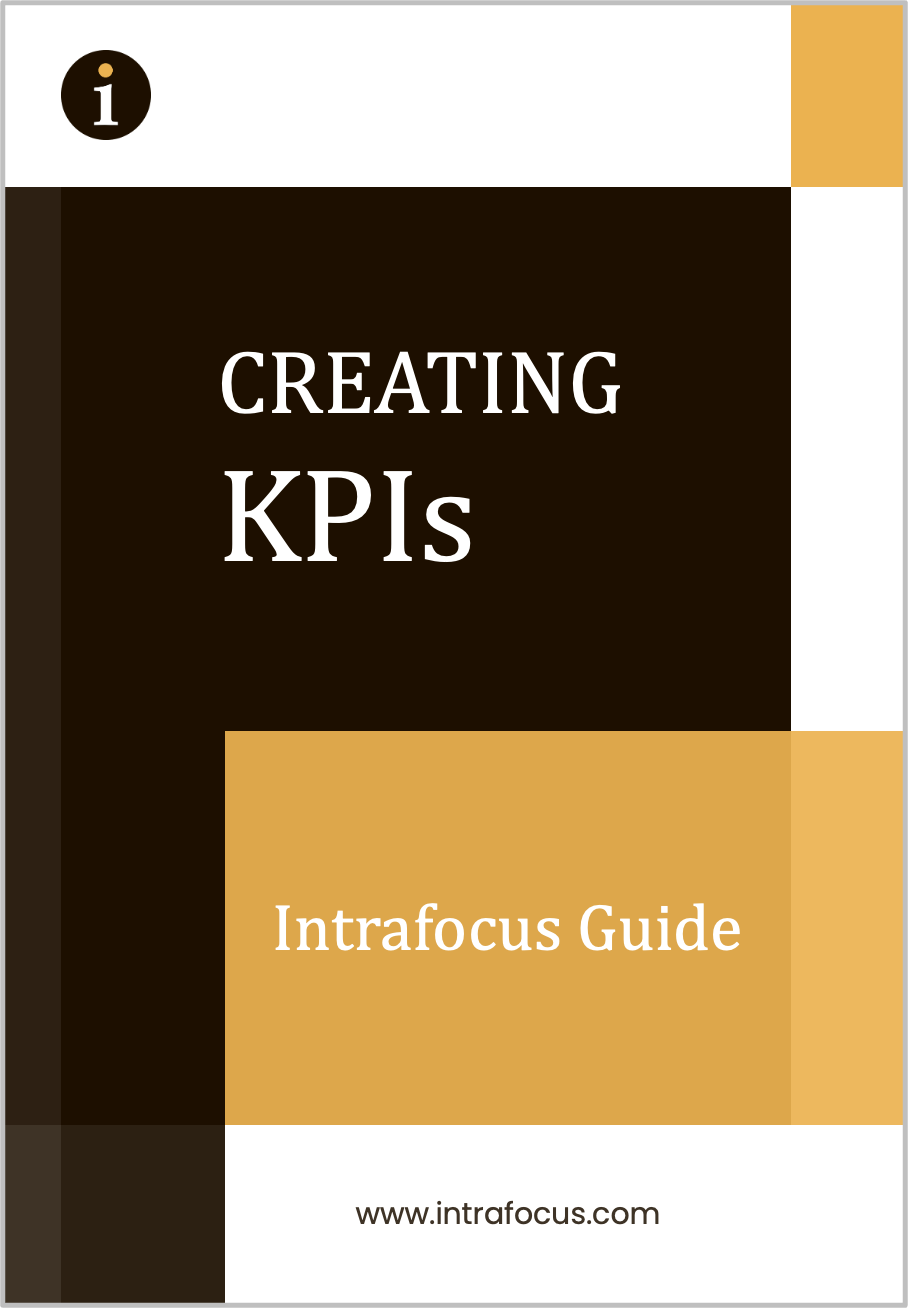Better measurement equals better management
We’ve talked recently in some depth about Key Performance Indicators and the need to select the right number of meaningful KPIs which truly matter to the organisation’s strategic priorities.
For managers, diving down into this detail is an essential part of the role. But it’s very easy to get lost in the numbers and forget why measurement actually matters. If the organisation doesn’t culturally value measurement and prioritise it, it may simply not happen at all.
A good use of time?
Even the most senior business leaders can become frustrated by the idea of focusing on measurement. For entrepreneurs who thrive on action and that sense of forward progress, the time and focus that it requires can feel like ‘dragging heels’!
However…
The simple fact is that if you cannot measure any given activity in a business, then you cannot manage it.
And if you can’t manage an activity, your productivity – and competitive advantage – will erode away.
No competitive advantage = a ticking timebomb for your organisation.
Why it matters to organisations
Even businesses with the most effective senior tier leaders need great managers to build sustainable success. Yes, a single CEO can be whirlwind of talent – but without a full team of excellent managers, his or her personal impact can only span so far.
Once organisations evolve from being start-ups or micro-entities, their success heavily relies on having the right systems in place – and the right management.
Remember:
Without the systems that measure organisational data, managers cannot manage.
When managers cannot manage, organisations fail.
The knock-on effect of poor measurement
Let’s look at the reverse situation ‘bad measurement equals bad management’. Picture a scenario where a manager has no objective data upon which he or she can deliver the job in hand. Without that ability to measure strategic progress, the manager cannot:
- Plan team workloads
- Prioritise activity
- Allocate resources effectively
- Performance manage
- Evidence success
- Justify performance-related pay or other bonuses.
Without measurement to underpin decision-making, managers also question their own abilities and lack confidence. Those same managers cannot hope to be successful in their roles when they lack the necessary tools for the job. They may become paralysed into a state of inaction, or feel forced to make ‘best guess’ decisions that are unwittingly incorrect.
The knock-on effect is obvious – and sadly, all too common.
The need for better measurement systems
Organisations that fully and accurately measure their strategic activity will naturally have strong management systems. These systems ensure that measurement is carried out in a rigorous, planned and regular way – rather than being half-hearted and ad-hoc. With those systems in place, managers have the core tools that they need to become better managers.
What are the keys to better measurement?
In years past, managers would focus on time and motion studies to measure activities with a view to implementing measurable improvements. Today, the focus is on measuring progress towards strategic objectives. To do this:
- The measures must be clearly defined and agreed (see our earlier article about selecting KPIs)
- The supporting data must be gathered according to a schedule
- The measurement data must be fed into graphs, charts, reports and visual keys that provide context, understanding, historical comparisons and benchmark or comparator analysis.
How automation simplifies the process
Many of our clients use automated KPI management software such as Quickscore and Scorecard to organise and systemise their core organisational data (typically as part of the Balanced Scorecard methodology of strategic management.) These systems reduce the need for human time and input (as well as mitigating the risk of human error!). They are powerful, fast, intelligent and add real value to the process – instantly extracting the data-led insights that decision-makers rely on.
How these systems work:
- The system API automatically gathers the necessary datasets from internal corporate systems.
- The data is used to populate the management dashboard template
- Dashboards and reports are generated with added commentary and edits. Their customisable nature allows data to be presented in different ways that meet
From this point, the real value of measurement starts to kick in.
- The dashboards are circulated to managers
- The data analysis is absorbed and commentary is evaluated
- Managers can discuss the results together and in a cross-functional way
- Decisions are made on the foundation of evidence.
Through experiencing this robust process across the organisation, managers feel confident and empowered in making their decisions. They can set priorities and allocate tasks to their teams in a clear way. By having confidence in their data-driven decisions, managers can be more decisive, more proactive and more motivated. This ‘can-do’ attitude filters down to the team, creating a culture of energy, focus and productivity. And at this point, organisations realise that they are on the path to success.
Find out more
Intrafocus works with organisations of all kinds to support their strategic management development. Beginning with a strategy workshop and progressing through to the implementation of software such as QuickScore to automate KPI reporting and dashboard production, our team of experts are here to help businesses succeed. Please contact us to find out more.
Article by Intrafocus, Published by Intrafocus Limited.



